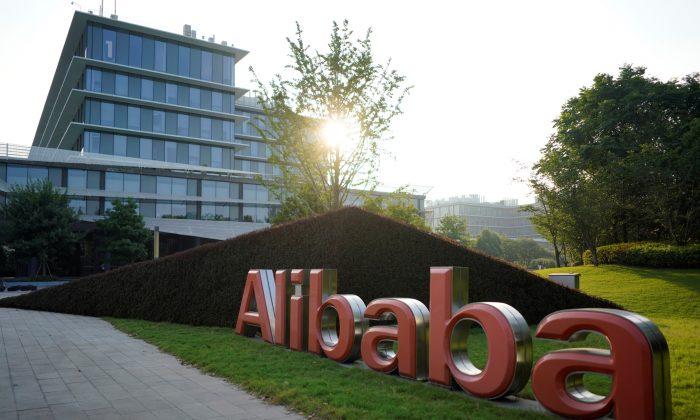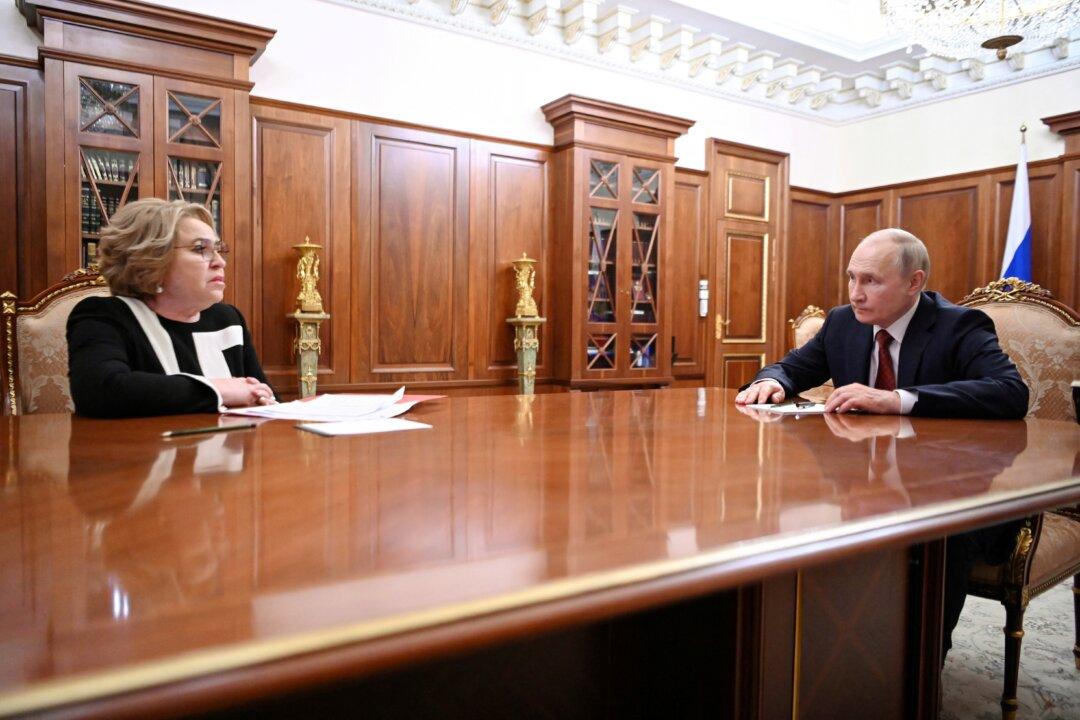SHANGHAI—China’s top technology hub Hangzhou plans to assign government officials to work with 100 private companies including e-commerce giant Alibaba, according to state media reports, in a move likely to raise concerns over the growing role of the state.
The step underscores how Chinese regime and Party authorities are growing more deeply integrated into the private sector, as its economy sputters amid an intensifying trade war with the United States.
The city of Hangzhou, home to Alibaba Group Holding Ltd., will designate government officials to work with 100 local companies in the eastern province of Zhejiang, the local government said on its website.
The directives, presented as a means to boost the local manufacturing industry, did not name the 100 companies subject to the policy, but state media reports said Alibaba and auto maker Zhejiang Geely Automobile Holdings Ltd. would be among the companies.
“We understand this initiative ... aims to foster a better business environment in support of Hangzhou-based enterprises. The government representative will function as a bridge to the private sector ....” Alibaba said in a statement.
Geely did not immediately respond to a request for comment.
Chinese law has long required private and publicly-listed firms, including foreign entities, to establish formal party organizations.
Party organizations must ensure that employees adhere to the regime’s rules. Firms are often eager to follow Party orders in order to stay out of trouble.
Such groups were once seen as largely symbolic. However, in recent years, foreign executives have said they have come under increasing pressure to allow Party representatives more sway over business operations.
Domestic companies have strengthened Party committees as well. In 2018, dozens of Chinese banks announced changes to their articles of association, granting more power to Party committees.
Wu Zuolai, a U.S.-based Chinese political commentator, believes that the Communist Party is renewing its attempts to tighten its control of private businesses.






Friends Read Free